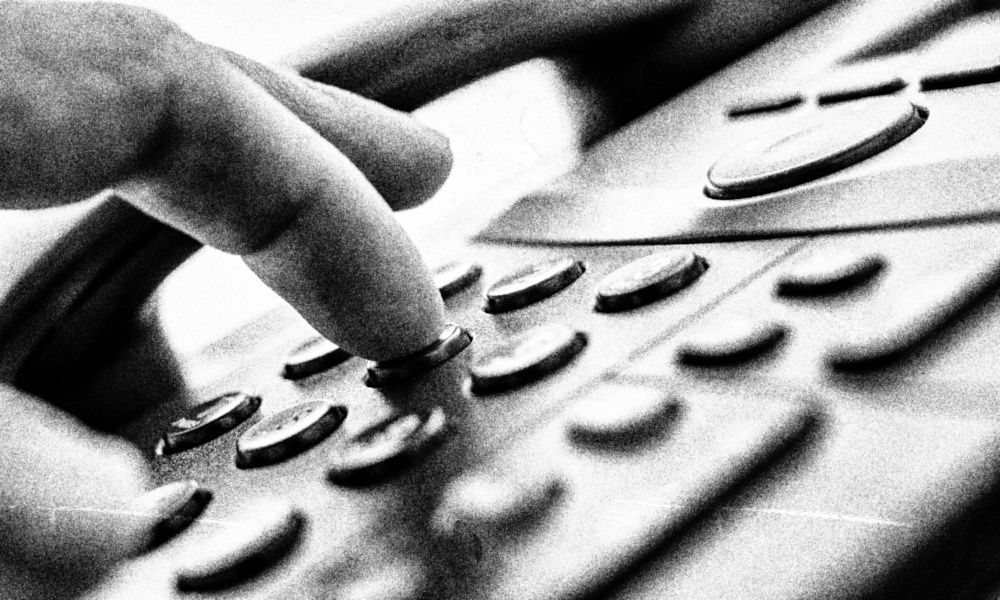
After Court Ruling, Groups Keep Pressure on NSA Phone Surveillance Program
With a court ruling that the National Security Agency's bulk phone data collection program is very likely unconstitutional, a number of associations and advocacy groups are keeping close watch on the issue.
With a federal court ruling this week that the National Security Agency’s bulk phone data collection program is likely unconstitutional, a number of associations and advocacy groups are keeping close watch on the issue.
It was already one of the year’s biggest stories, but a federal court ruling this week has put the National Security Agency’s phone surveillance saga in a fresh light.
On Monday, U.S. District Judge Richard J. Leon ordered the federal government to stop collecting phone metadata on the two plaintiffs who brought the case, ruling that the use of the “almost Orwellian” surveillance technology “almost certainly” violates the U.S. Constitution. The judge immediately stayed his ruling “in light of the significant national security interests at stake in this case and the novelty of the constitutional issues,” pending a federal government appeal.
While it’s not the first time the NSA program has faced legal scrutiny, it’s the first time a federal judge from outside the Foreign Intelligence Surveillance Court (which authorized the program) has reviewed the program on behalf of someone who is not a criminal defendant.
Several organizations have focused energy on this issue in recent days, including:
Computer group backs decision: The Computer and Communications Industry Association, a trade group critical of the NSA program, praised the ruling in a statement to InfoWorld. “It is encouraging to see the judiciary taking up the important questions of metadata analysis and realizing the great insights about one’s life that can be gleaned from such large sets of information,” said Ross Schulman, a public policy and regulatory official for the organization. “While this kind of large-scale data crunching can lead to great advances in medicine, transportation, and even simply movie rentals, it raises serious concerns when governments do it to pick out the relationships between its citizens.”
Snowden has whistleblowers’ support: In an interview with The Voice of Russia, Stephen Kohn, executive director of the National Whistleblower Center, said the ruling, as well as other recent developments, should be enough to lead to amnesty for former government contractor and admitted leaker Edward Snowden—a possibility that the NSA is reportedly considering. “Two very significant things occurred in the last couple of days. First, apparently a judge is indicating that some of these NSA searches violate the Constitution. Bingo! Snowden was right. His speech is protected,” Kohn told the radio service. “Second, and this is much more important: The government is conceding that they don’t know what information Snowden took.” In June, the center called on the Obama administration to protect the rights of government whistleblowers and said Snowden should not be prosecuted.
The next case: A second suit—brought by the American Civil Liberties Union—is currently pending in a Manhattan federal court. U.S. District Judge William H. Pauley III suggested in a November hearing that Smith v. Maryland, the 30-year-old Supreme Court precedent that allowed for the collection of data from an individual phone, may not be enough to support the constitutionality of a long-term, widespread collection program like the NSA’s. The ACLU, along with the New York Civil Liberties Union, is asking the federal government to purge any call records involving the organizations currently in the federal government’s possession.
(iStock/Thinkstock)






Comments